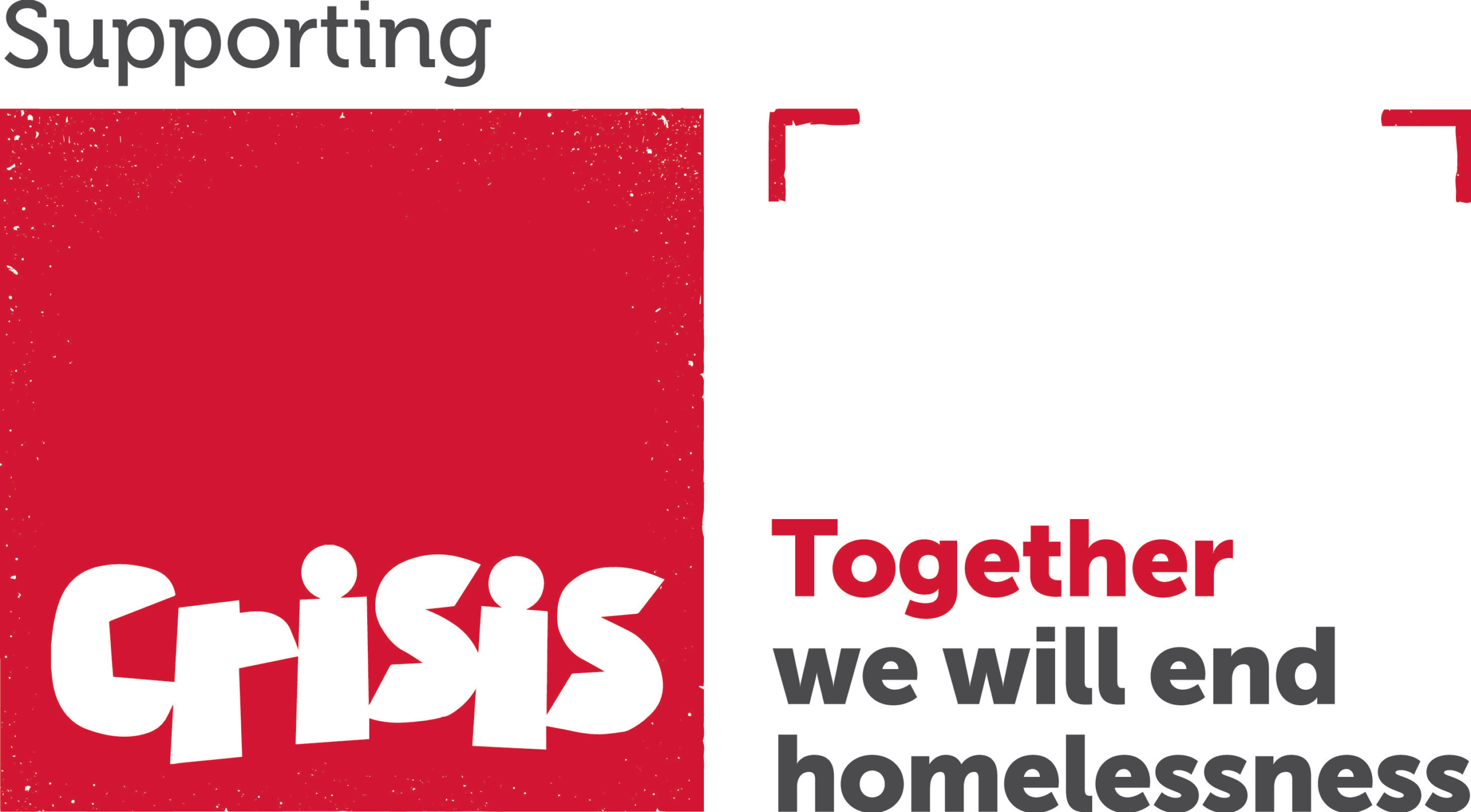A growing number of mainstream UK property owners are turning to bridging loans as mainstream banks struggle to lend enough, it is claimed.
Tough rules on lending are already hitting millions trying to get amortgage and many borrowers are turning to the bridging industry for help, according to short term secured lender West One Loans.
Britain’s mortgage drought has seen the proportion of bridging customers, traditionally landlords, developers and businesses, who are owner occupiers increase. In February 2012, owner occupiers represented 16% of bridging loan customers, according to mortgage brokers polled by West One Loans but that has now climbed to 18.2%.
Mainstream lenders’ ability to lend is already being hobbled as they have to increase their capital reserves. But the Bank of England’s Financial Policy Committee has now told banks to raise even more capital to build up their capital buffers, to cover the risk of losses on loans to borrowers who may struggle to repay, meaning they have even less money to lend to borrowers.
‘The problem is that the mainstream mortgage market isn’t doing its job properly. Five years into the credit crunch, residential lending is still a fraction of what it was during the boom as banks desperately shore up their capital reserves,’ said Duncan Kreeger, chairman of West One Loans.
‘Households can’t get the credit they need from the high street banks and as a result, more owner occupiers than ever are turning to bridging. And if banks are forced to redouble their efforts to raise capital, the squeeze on high street lenders will tighten further. While a bridging loan is a very different beast to a long term mortgage, in the right circumstances it can get things off the ground,’ he explained.
The rise in the number of owner occupiers turning to bridging lenders for finance is reflected in the number or loans being taken out to refurbish properties. In February 8% of brokers listed purchase and refurbishment as the most popular use for bridging. This has now risen to 15%.
‘There’s a huge housing shortage in Britain. There are many ways the government could solve the problem, from building on the Green Belt and liberalising planning regulations to turning up the heat on the redevelopment of brown field sites or increasing taxes on second homes. At present none of these things are happening and, as a result, there are too few homes to meet demand,’ said Kreeger.
‘That’s keeping prices artificially high and pushing more and more people and developers toborrow from bridging lenders to buy dilapidated, inhabitable properties which mainstream lenders won’t offer a mortgage on,’ he added.
He pointed out that despite the government’s best efforts, borrowers have found a way to overcome the obstacles in their path, by borrowing against value rather than purchase price and seeking alternative finance when a conventional mortgage cannot be arranged.
While the Bank of England and Financial Services Authority say Barclays, HSBC, Lloyds and Royal Bank of Scotland will collectively need to raise between £5 billion and £35 billion of capital, peer to peer lenders like West One Loans match a pool of investors with individuals looking for short term secured loans.
‘Peer to peer lenders like us are becoming more and more important as traditional lenders fail to deliver. Rather than being backed by shareholders like HSBC and Barclays, or the taxpayer, like Lloyds and RBS, we are funded by private investors who back individual loans. That means we’ve been able to step up our lending while high street banks languish,’ explained Kreeger.
Brokers say they are writing 51% more bridging business compared to 12 months ago. Meanwhile, the West One Loans Bridging Index shows that in the third quarter of 2012, quarterly gross lending grew by 14% to £399 million in the third quarter of the year, up 65% from the equivalent period in 2011.
‘Mainstream lenders are being squeezed between higher capital adequacy requirements and the lack of confidence the money markets have in them. Although we only lend to landlords and developers who want commercial loans, the high street lenders’ pain has been our gain,’ added Kreeger.



